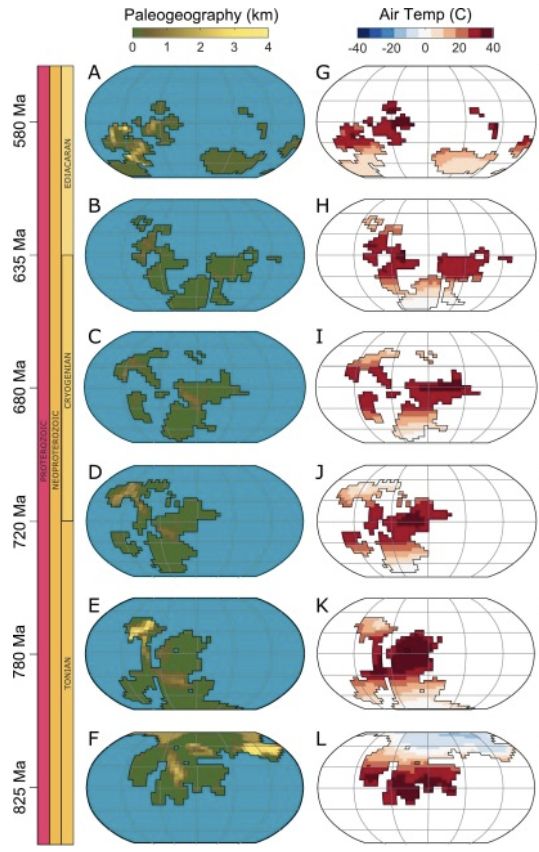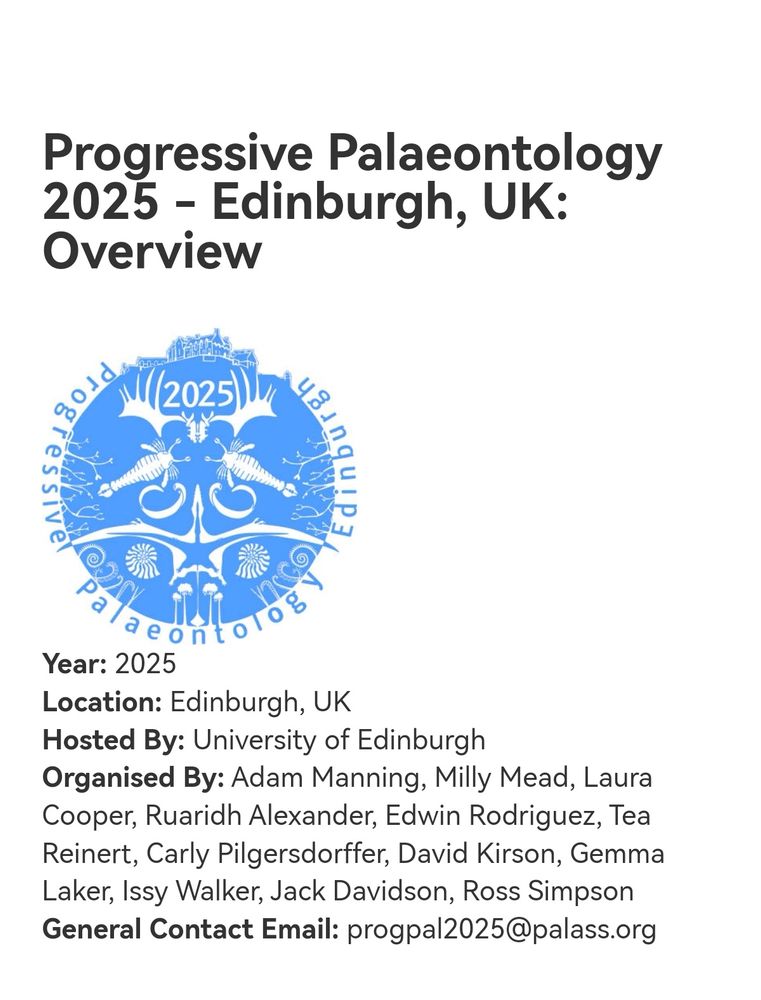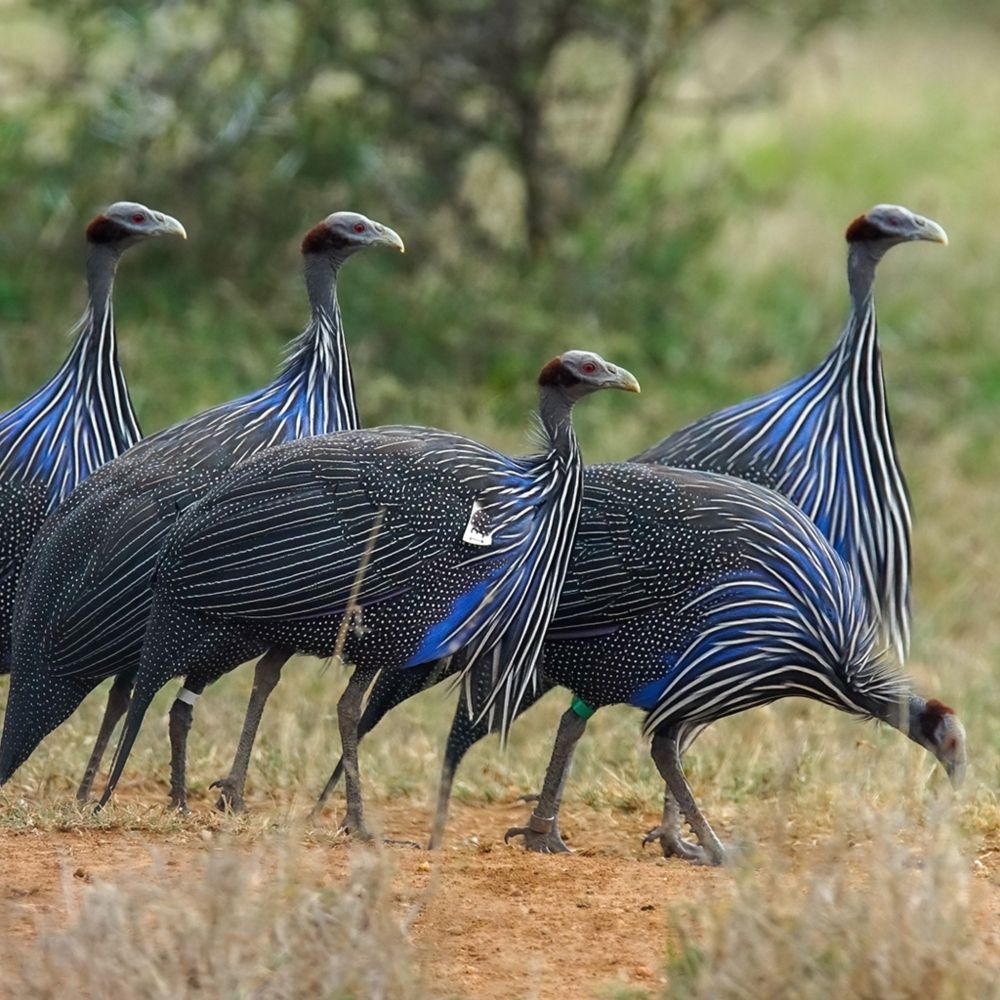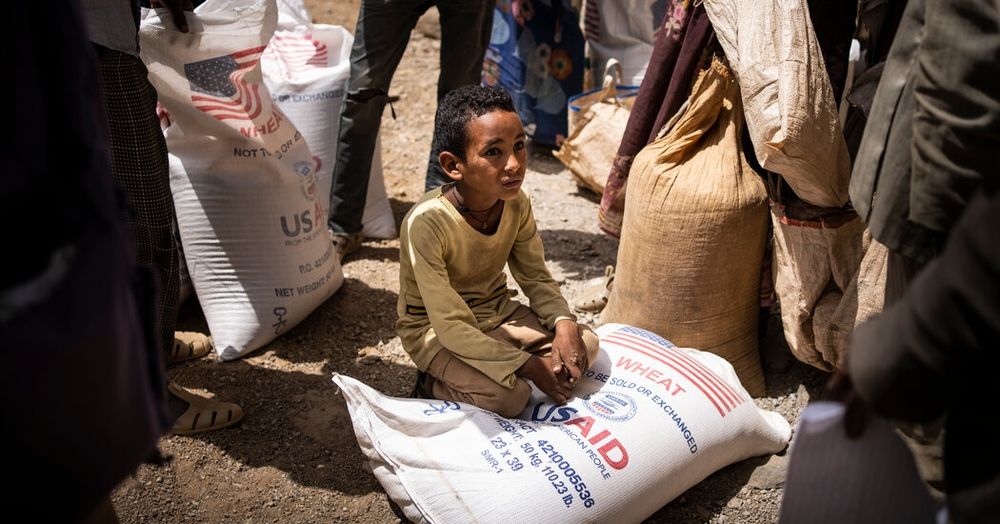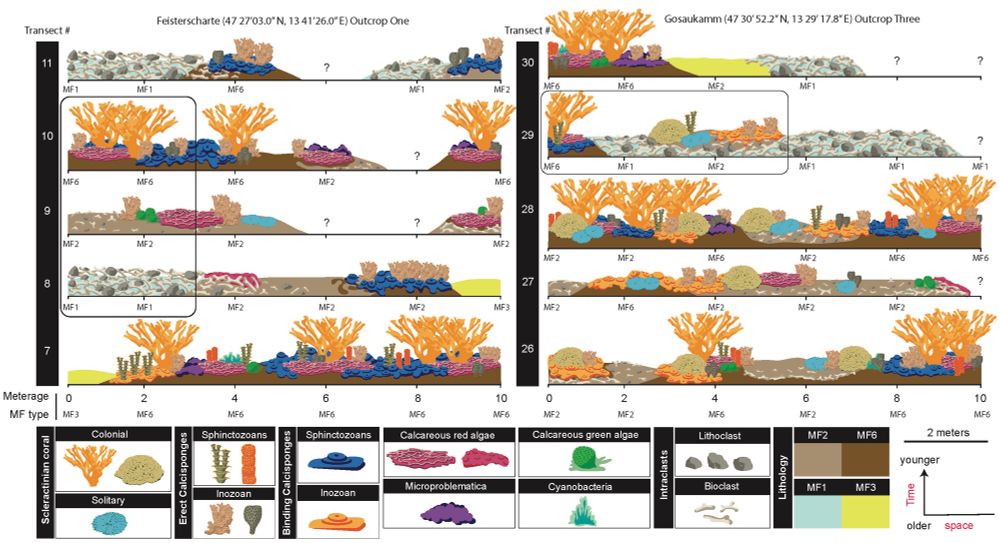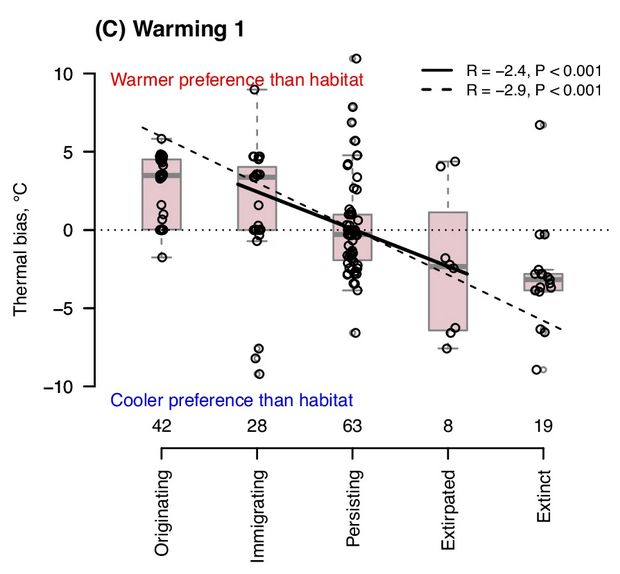@carlreddin.bsky.social
120 followers
140 following
27 posts
(Palaeo)biologist, studies climate change impacts on marine life, amateur pirate, statistics and sci-fi lover, cyclist
Posts
Media
Videos
Starter Packs
Reposted
Reposted
Nessa O'Connor
@nessocon.bsky.social
· Mar 19
Reposted
Reposted
Reposted








